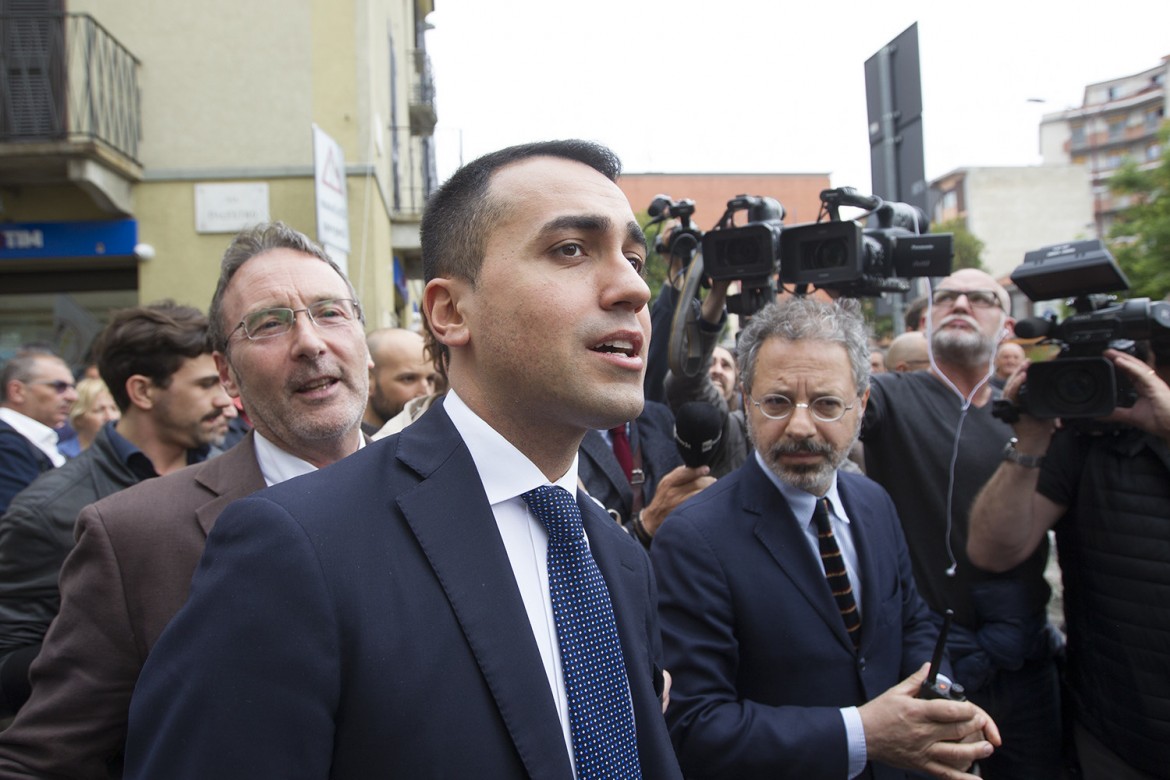Analysis
Italy’s M5S-Lega government agreement, explained
Today the coalition far-right eurosceptic government sends its program proposal to the president of the republic. It calls for institutional political reforms, a flat tax and stricter controls on migrants.

The Italian national elections on March 4 created a problematic political impasse. The immediate reason of the present situation lies on the electoral system implemented in November, under Gentiloni’s government: a proportional and complex system with diversified rules for the two chambers that designated an ambivalent result.
The 5 Star Movement obtained 32.5 percent, and the right-wing coalition of Lega (17 percent), Fratelli d’Italia (4 percent) and Forza Italia (14 percent) won 35 percent in all. Neither gained enough votes to create a government on its own. Negotiations between the different parties, including the center-left Democratic Party, were not successful for almost two months. The main reason was 5 Star’s refusal to create a government coalition with Berlusconi’s Forza Italia.
Last week, when new elections seemed inevitable, Berlusconi agreed to step away from the right coalition and leave Matteo Salvini’s Lega to negotiate with the 5 Star Movement. Over the last week, deputies from the two parties have been meeting to draw up a common program. On Monday, the final document should be proposed to President Sergio Mattarella. Only one issue remains unresolved: who the prime minister will be. The two leaders, Salvini and Luigi di Maio, have not yet identified a third figure who satisfies the two parties.
Here we break down some of the main points of the ‘Government Agreement’ that the 5 Star Movement and Lega have put together.
Public water, agriculture, green economy
The national water system infrastructure is defined as in urgent need of repair. Another central issue is the need to renegotiate agriculture agreements with Brussels. Particularly, the new government wants to promote a reciprocal cooperation between the EU and the national government to develop the Italian agriculture sector. Structural changes in the use of renewable energies and promotion of the ‘circular economy’ system are crucial issues related to environmental policy.
Foreign policy
The most relevant point regards the EU/Russia relationship: the removal of the economic sanctions against Russia is fundamental in order to create a new regional cooperation with Putin’s government. Russia needs to be regarded as a partner and not as threat to European stability. In this perspective, the foreign policy will particularly focus on the Mediterranean region, the legal control of migrant flows and regional crisis (i.e. Syria).
Economy
They seek to implement a flat tax system with two fixed tax rates: 15 percent and 20 percent for individuals, families and enterprises. The poorest Italians would pay nothing in taxes.
Migration
The government will attempt to renegotiate the Dublin Agreement, redistribute asylum seekers among the European member states according to objective criteria and reduce migratory flows from the Mediterranean Sea.
Jobs
The program calls for a new minimum hourly wage, a reorganization of the education system aimed at creating a stronger professional class, and financial support for micro and small enterprises. It would end unpaid apprenticeships and abolish the ‘voucher system’ adopted by the Gentiloni government in 2017.
Citizenship income
This was one of the cornerstones of the 5 Star Movement’s electoral campaign, which would grant two years’ minimum wage for job seekers registered with the national job center system. Those who refuse a job opportunity would lose their citizenship income.
Institutional reforms
The coalition will try to simplify the institutional system, reduce the number of deputies and senators, and prioritize national constitutional norms over European and communitarian laws, as well as reduce political expenses.
Originally published at on
